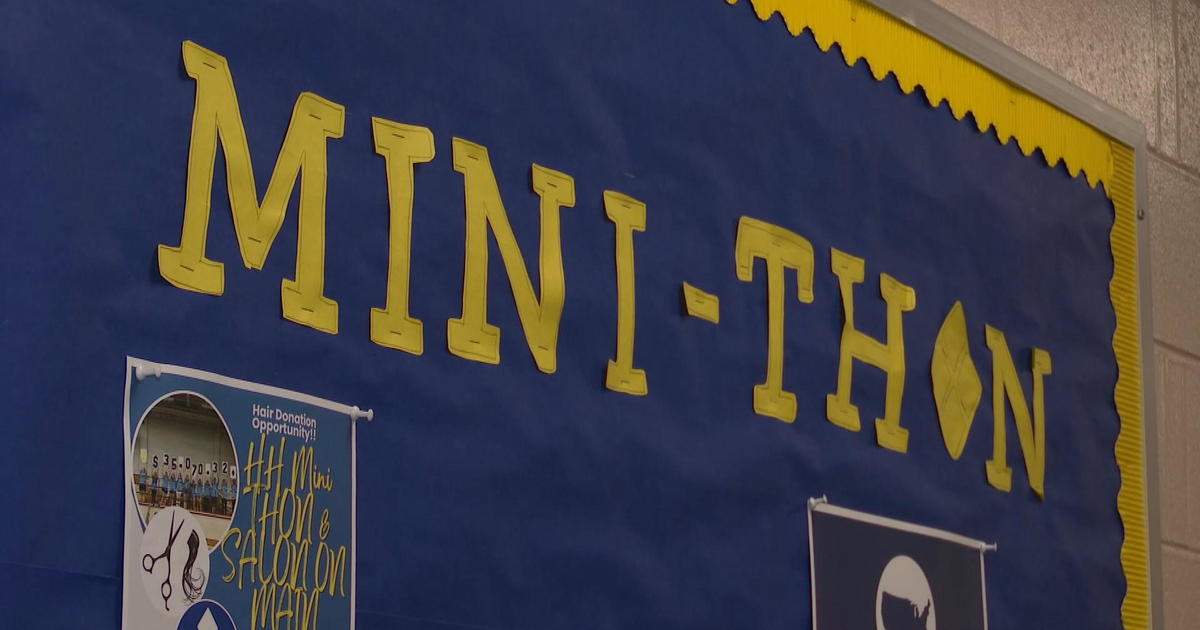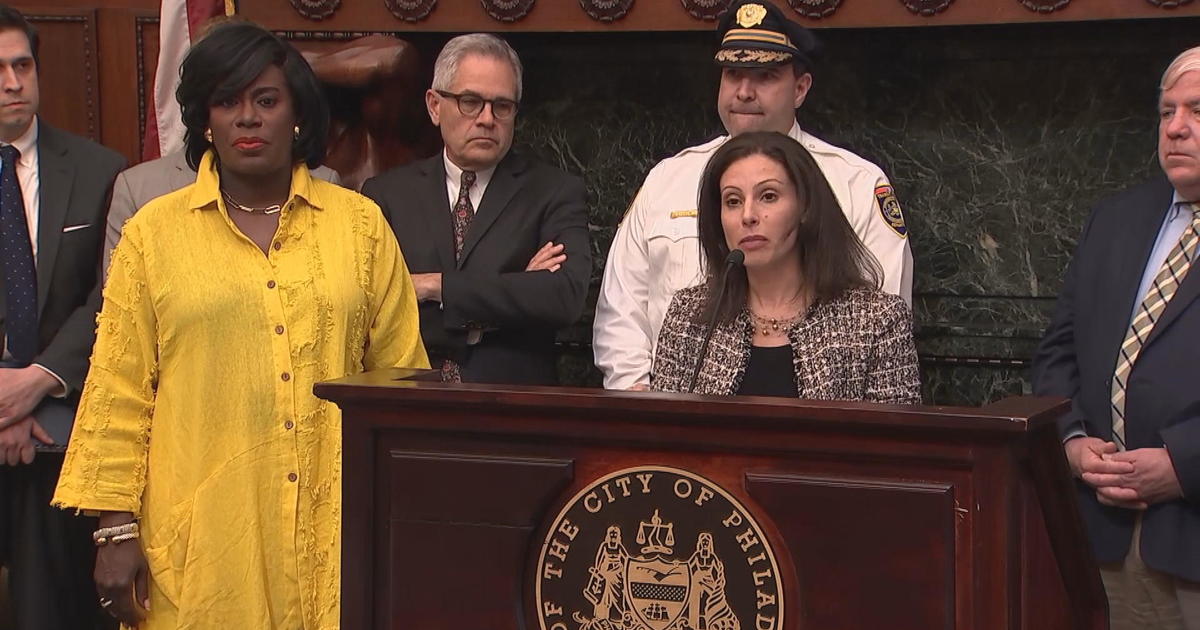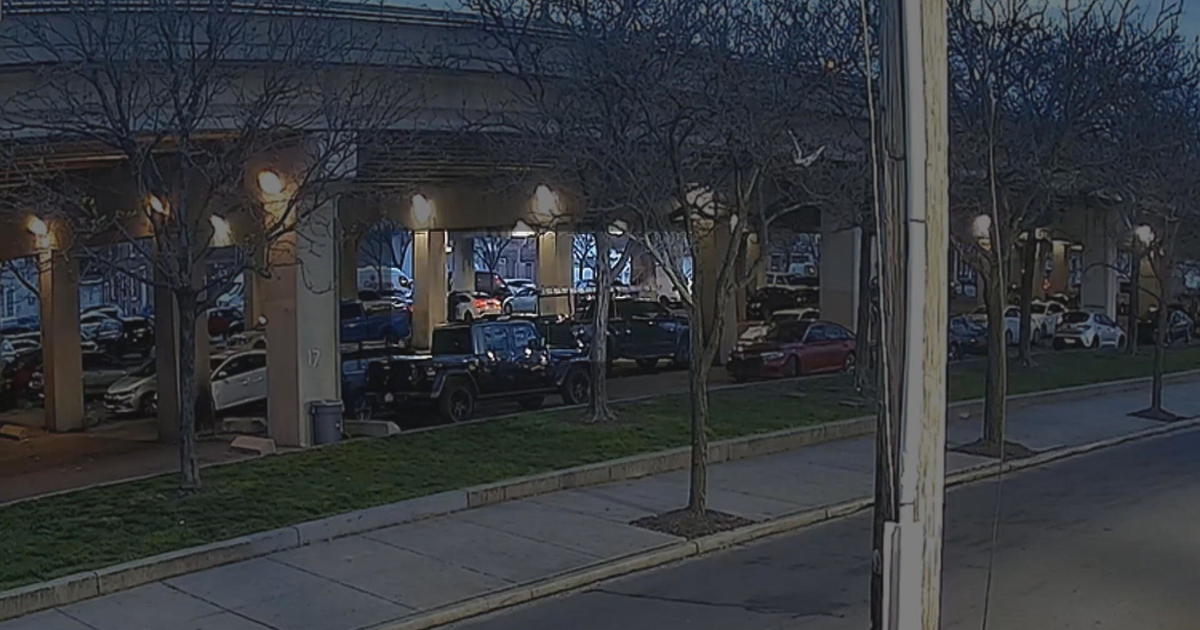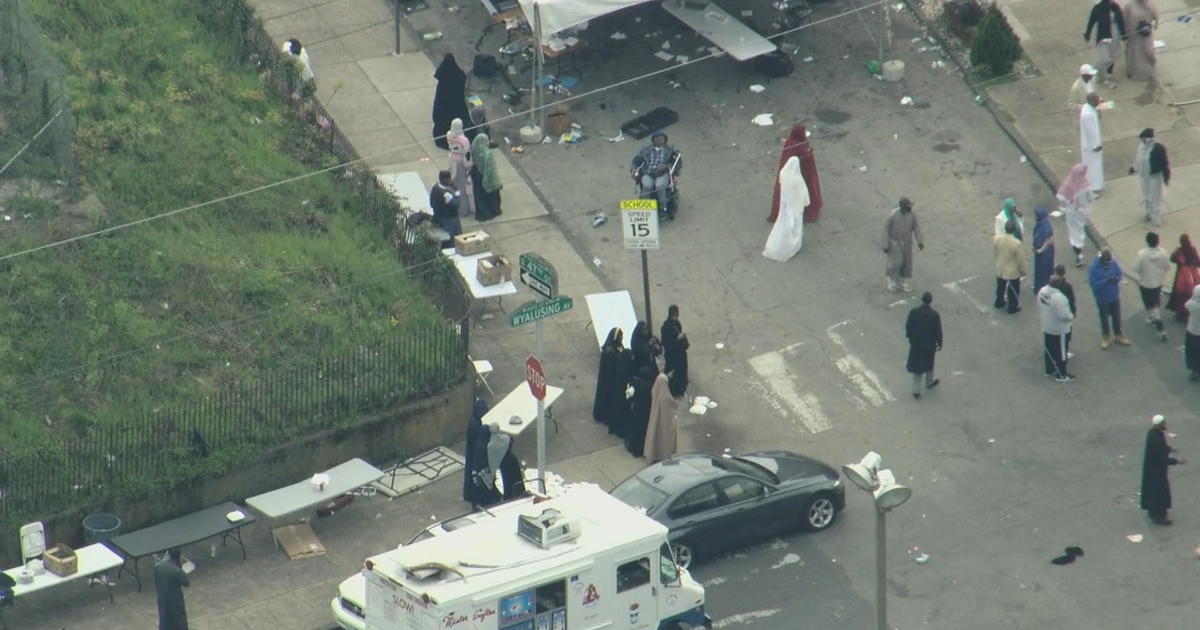Virtua Nurse Shares Story Of Surviving Serious Heart Problem
PHILADELPHIA (CBS) -- Feb. 1 marks the beginning of American Heart Month to raise awareness about the importance of heart health. It's the leading cause of death for men and women in the United States. Heart disease death rates among men have declined steadily over the last 25 years, but for women it's much slower. Every minute a woman dies from heart disease in the United States and they often don't have the classic symptoms.
Virtua nurse manager Ann Bertino Lapinski is back to working her usual 12-hour shifts, busy taking care of patients. And that's not all.
"I'm very active, I work out, I eat healthy," says Ann.
Except the 57-year-old picture of health had a serious blockage in her heart, a ticking time bomb, with no symptoms until one day in November.
"I felt an overwhelming sense of doom, something was terribly wrong and something bad was going to happen," explains Ann.
She also had some pain in her shoulder. At the hospital, Virtua Health, with a catheterization, doctors found the problem.
Virtua cardiologist Jeffrey Leavy, who's with The Heart House, says Ann was treated with stents to prop open her coronary artery.
"Women frequently will get atypical pain," says Dr. Leavy.
While heavy chest pain is a common sign of heart trouble for both men and women, women can also have more less obvious symptoms.
"They can have headaches, they can have pains in their neck, in their shoulders, their arms, a variety of very unusual or what we would typically call atypical symptoms," Dr. Leavy explains.
"I think that we're busy, I think that we're always taking care of other people." Ann says.
She says more women die of heart disease than men, she thinks, partially because they're not paying enough attention to themselves.
"I think that we tend to put it off until tomorrow. If I had put it off until tomorrow I might not be here right now telling you this," Ann says.
While heart disease tends to strike smokers, people who are overweight, the elderly and those with a family history - doctors say it can happen to anyone at any time. The key to survival is quick action, minutes even seconds matter when it comes to your heart.
Click here for more information about women and heart disease:



